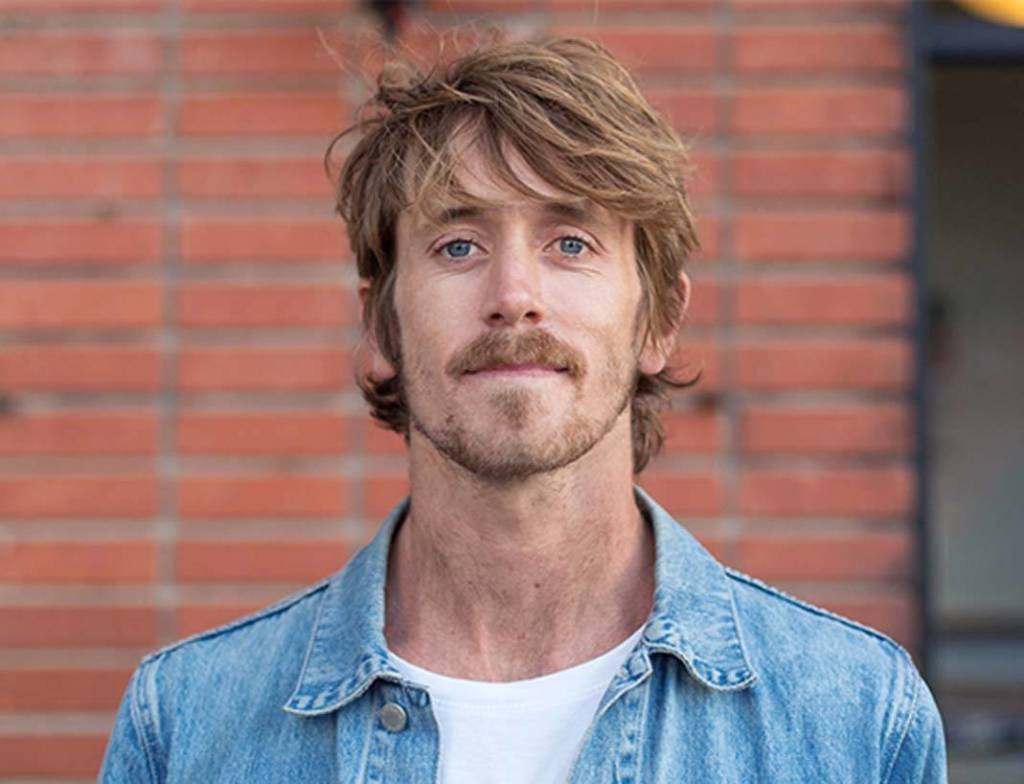60 Seconds | Our Monthly Interview With Industry Leaders

Penning a poem, which led to the very profound realisation that “We’re All Going to Die,” Stefan’s poem along with his illustrations got noticed by a published and turned into a book. Turning into a short film, featuring Hugo Weaving, the sentiment became an international immersive arts festival that was sold out across many countries. After spending years in the business, his recent short film “They Saw the Sun First” received a BAFTA in 2021 for the best short form program.
How did you get involved in film?
In 2006 when I had a terrible Justin Bieber style haircut I made an amateur documentary titled ‘Surfing 50 States’ that found its way on to TV and winning awards at these events known as film festivals. I had zero connection to the film industry at the time but I knew I liked combining all my favourite things – art, music, photography, travel, surfing – into one. And film making allowed me to do that.
Following that project, I spent years making travel and philanthropic documentaries around the world before transitioning into commercial directing and narrative storytelling. I’ve spent the past ten years directing commercials, music videos, and short films. Currently, I’m writing my first feature that is set in a small Australian town, where I live. I don’t have a Bieber haircut anymore.
What were the key challenges in making it to the industry?
I didn’t go to film school. Instead, I took the cowboy approach of learn on the job. I spent years trying out different roles from runner to cinematographer to editor. But directing always felt the most natural to me.
One of the best decisions I made was selling all my camera equipment so I couldn’t work as a DP anymore. I strongly believe saying no is as important as saying yes. Don’t be afraid to pass on opportunities if they’re not going to take you where you want to go.
What is the future of film?
The future of any industry is going to be shaped by developing technology. We will no doubt experience film in new and exciting ways. But at the end of the day, film making is about telling stories. And yes, VR and AR and all of these inventions offer a unique way of delivering that, but if it’s not serving the story it will pass as a trend. I believe there will always be the demand for watching a film in a good ol’ fashion cinema.
Can you say something about the collaborative nature of filmmaking?
I’m sure there’s some great quote out there along the lines of ‘life is better shared’. And filmmaking is no different. The collaboration is where the joy lies. It’s why I place so much importance on my crew. There are plenty of people who can do their respective roles well but who are you, what do you stand for, what do you value? Making films takes a lot of time so it’s important to have a crew of humans who bring out the best in each other.
Is digital technology an opportunity or a threat?
It’s an opportunity. It’s a step towards levelling the playing the field and giving more voices the access to share their stories. Online streaming has normalised foreign tv and cinema to the masses and audiences have embraced it. Digital technology is providing a new generation of film makers the tools to be discovered. Let’s embrace it.



